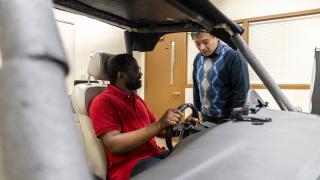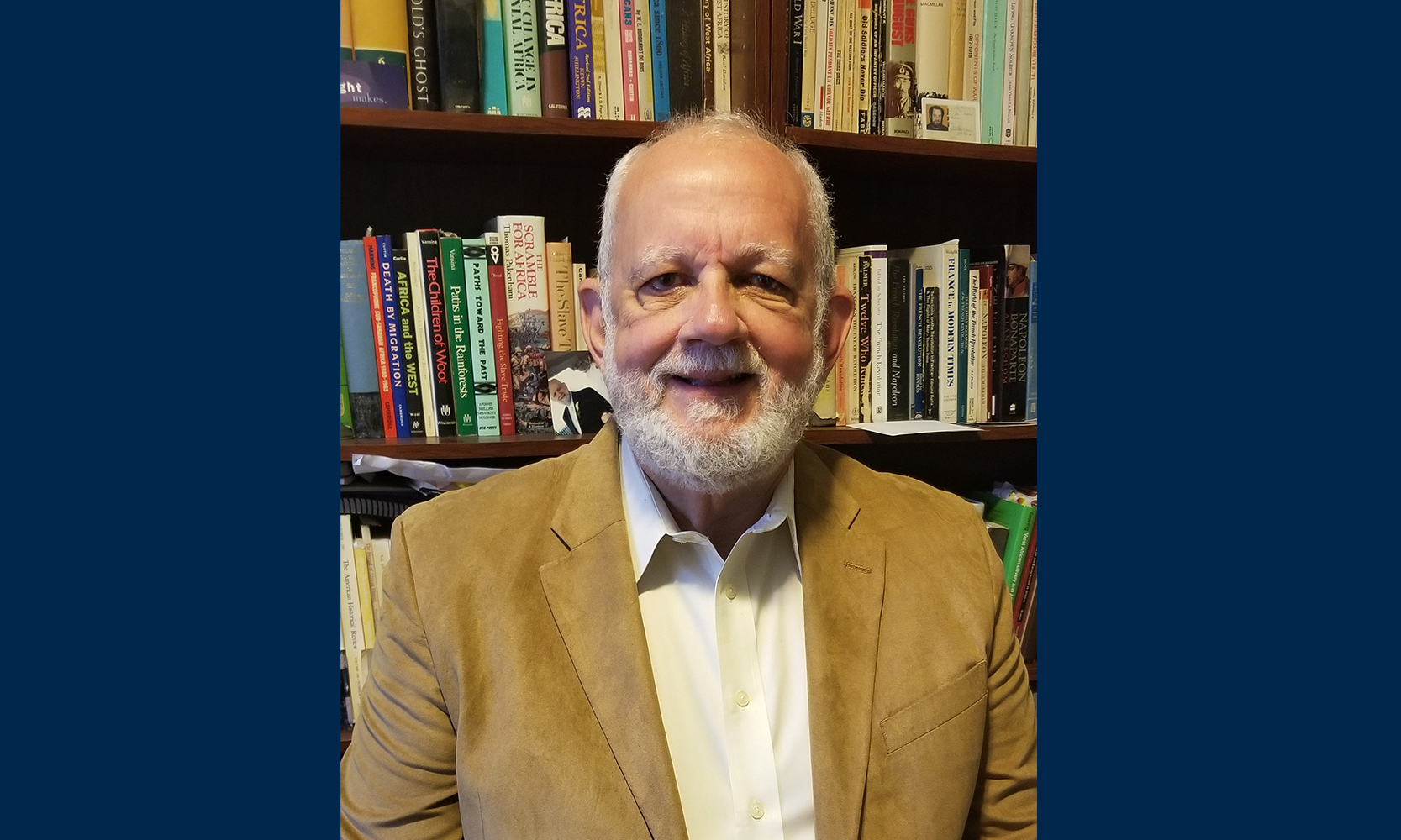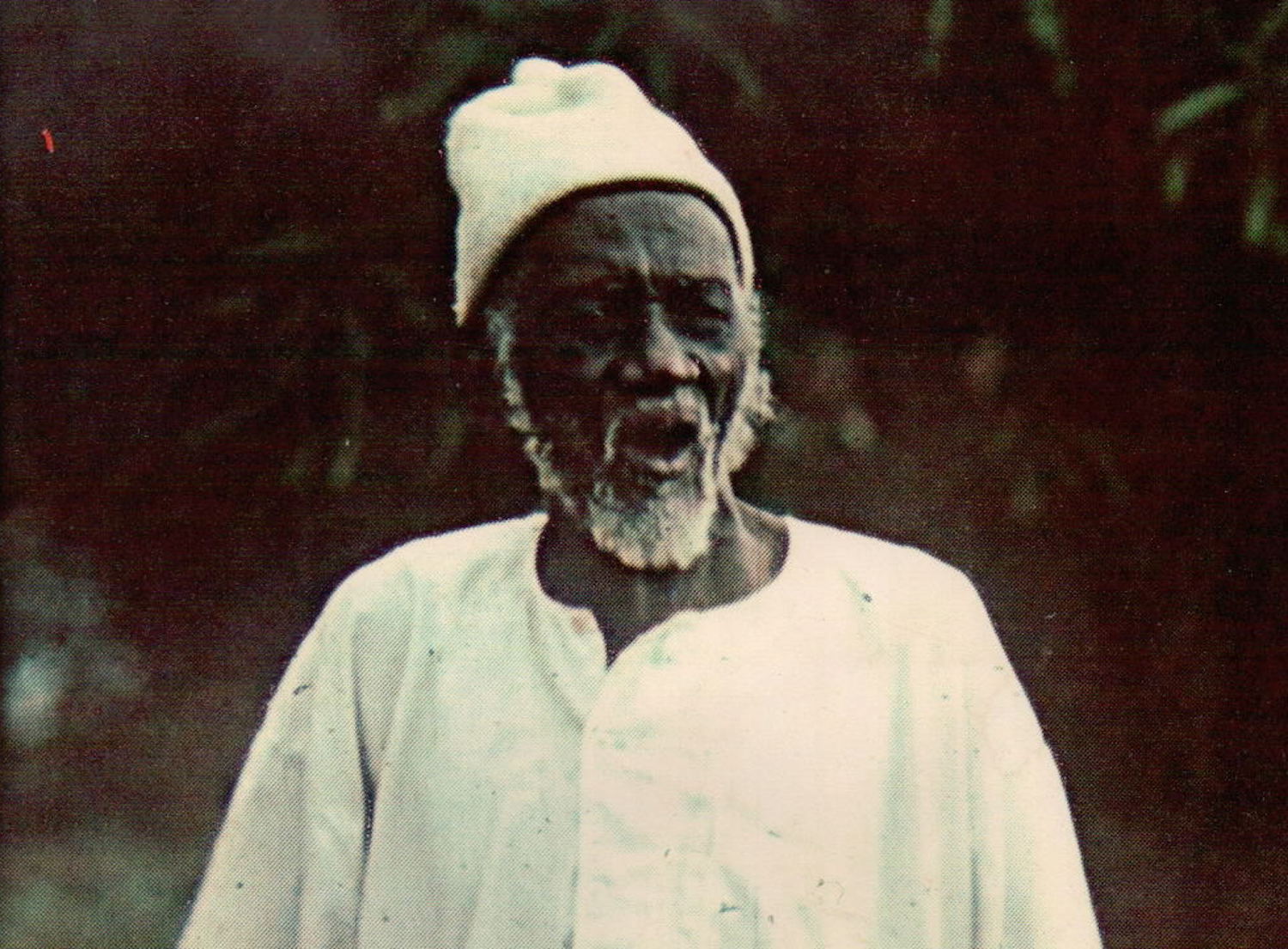
African and Modern European History Professor Joe Lunn’s extensive research on the African experience during World War I helped connect a Finding Your Roots celebrity with their ancestor’s story.
Lunn can’t tell us who the guest on that particular episode is — that’s for viewers of the PBS genealogy show to find out next season. However, he can share a bit about the ancestor he helped the Find Your Roots research team uncover: French Army infantry Corporal Yoro Diop.
Lunn says many Africans who served during WWI involuntarily fought because European colonial rule in Africa forced African village leaders to put forward young men from their respective communities for the war.
“Villages would have funerals for these men before they left for war because they knew Europeans saw them as expendable in this cause and they might likely be killed,” Lunn says. “If you were an African who was forced to fight in the war in an African regiment, it was often viewed as a death sentence.”
But Diop’s situation was different. Looking through primary historic documents for PBS, Lunn says Diop lived in the West African French commune of Saint-Louis in Senegal where Africans had some French civic rights. Diop was on the older side of the enlistees at age 36. He had a family and was well educated — military records had him listed as a writer, which meant he transcribed for people who were unable to read or write.
So why would an established, more senior person enlist? Looking through the lens of history, Lunn says it was to obtain full citizenship.
Before Diop enlisted, Lunn says there were political debates on whether or not to allow Africans in the French communes like St. Louis to become full French citizens or to be reduced in status to subjects, which means they’d lose the right to vote, due process and be treated more like the Africans in other French and European colonies. To end the debate and show their patriotism, Africans in these French communes agreed to fight for the cause alongside the enlisted men from France.
“An estimated two million Africans were pulled into the First World War and there are so many reasons of why and how they got there.” Lunn says learning about how Africans became entangled in this so-called “white man’s war” is what got him involved with this research area nearly 45 years ago.
On a trip to Sierra Leone, West Africa to visit a friend in the Peace Corps, Lunn was introduced to Kande Kamera, an African who served for France in the First World War. Lunn studied WWI as an undergraduate student, but had never met a veteran from Africa.





